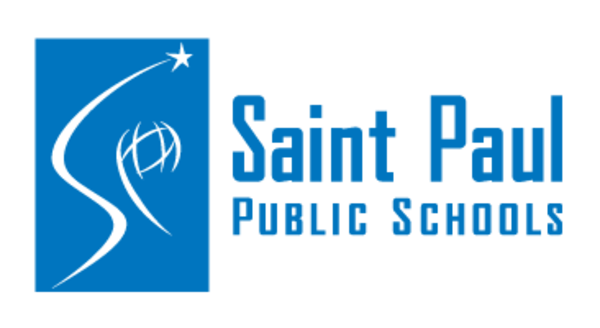‘Critical Ethnic Studies’ now graduation requirement in St. Paul district

Less than half of high school students in St. Paul Public Schools (SPPS) are proficient in math or reading, but will be required to take a Critical Ethnic Studies (CES) course before they can graduate.
The graduation requirement will first apply to the class of 2025, who will take the one semester class as 10th graders in the 2022-2023 school year, according to school communication.
Course concepts will include: identity, intersectionality, race, dominant/counter narratives, racism, white supremacy, racial equity, oppression, systemic oppression, resistance and resilience, social/youth-led movements, civic engagement, hope and healing, and transformation and change.
The school board approved the requirement in December 2021, and now the district is seeking “curriculum suggestions” from students, families, teachers, staff and community members.
Less than 17% of 8th graders performing at grade level in math
According to 2021 Minnesota Comprehensive Assessment (MCA) test results, 16.6 percent of 8th graders in the district are proficient in math. Less than 32 percent are reading at grade level.
This class of students will be the first required to take CES in order to graduate.
Critical Ethnic Studies framework pulls from Critical Race Theory
The Critical Ethnic Studies course concepts listed above represent the application of Critical Race Theory (CRT), despite CRT not being specifically named.
Additionally, the district’s CES framework document contains CRT buzzwords — “oppression,” “transformative resistance,” “anti-racism.” All of these can also be found in California’s divisive Critical Ethnic Studies curriculum, which a bipartisan and broad-based coalition of civil rights leaders, academics, community activists and citizens firmly oppose.
The St. Paul district’s CES course incorporates resources from the Anti-Racism Project to guide its curriculum and pedagogy, including Robin DiAngelo’s White Fragility and Ibram X. Kendi’s Stamped From the Beginning and How to be an Antiracist. Both DiAngelo and Kendi’s writings support CRT’s key concepts, including race essentialism, systemic racism, active racial discrimination and anti-capitalism.
The district also links to Courageous Conversation as part of the course’s pedagogy. Courageous Conversation is part of Glenn Singleton’s Pacific Educational Group (PEG), a California-based “diversity” consulting group under which Singleton has “turned the idea that blacks cannot succeed into a multimillion-dollar empire,” as Luke Rosiak details out in Race to the Bottom. Singleton’s ideas have guided school districts to deem traits such as the ability to plan ahead and “emphasizing individualism as opposed to a more collective ideology” as attributes of “whiteness.”
In fact, starting in 2010, SPPS hired Singleton’s PEG as its racial equity consultant to help address academic achievement gaps. “Over the next five years, nearly every district employee would receive PEG’s ‘Beyond Diversity’ training,” reported the Pioneer Press.
Ultimately, the district’s disciplinary problems increased, teachers were physically injured, and academic performance did not improve and in several instances worsened. As of the Pioneer Press‘ 2016 article, the district had paid PEG nearly $1.8 million for staff training and seminars. (PEG has also been hired by other Minnesota districts over the years, including Minneapolis, Edina, South Washington County and Rosemount-Apple Valley-Eagan.)
Fundamental knowledge shift
There are only so many instructional hours in a student’s K-12 academic journey. St. Paul Public Schools has struggled to help young people — particularly students of color — learn the basics in reading, math and science. Shifting prioritization away from academic excellence to teaching a contested, divisive and explicitly political theory diverts energy away from the primary function of our schools, which is preparing students to further develop into responsible, enlightened, and civic minded adults and members of society.